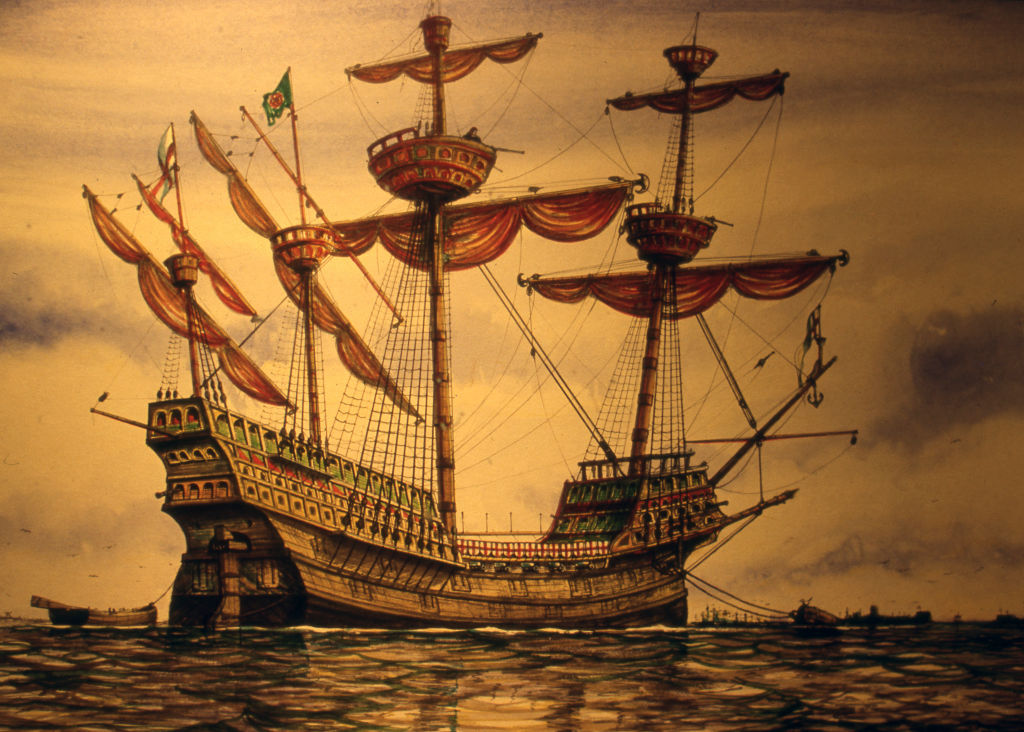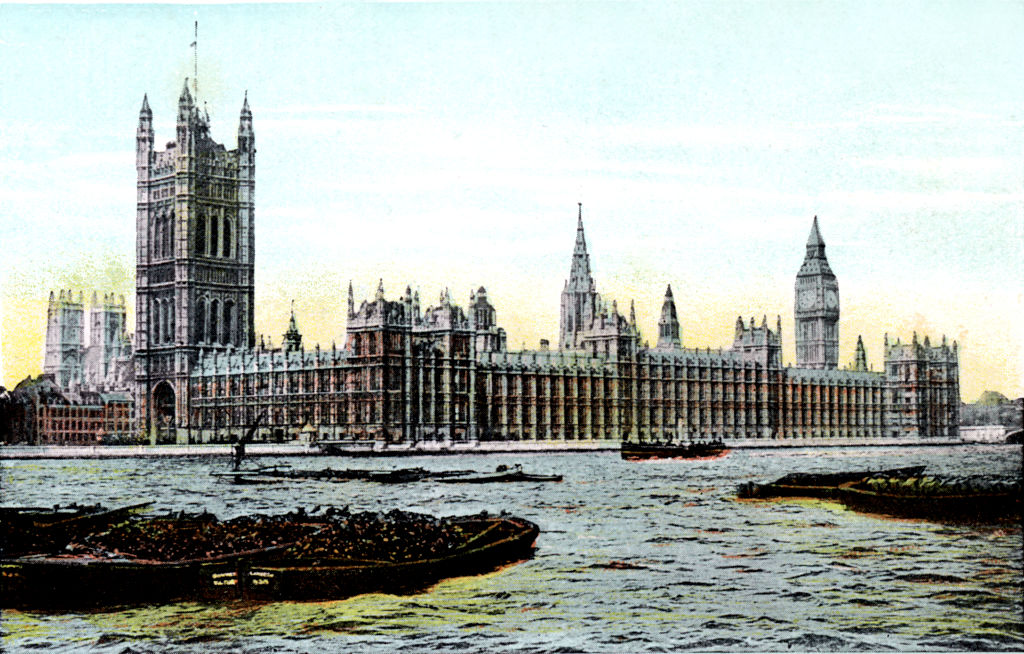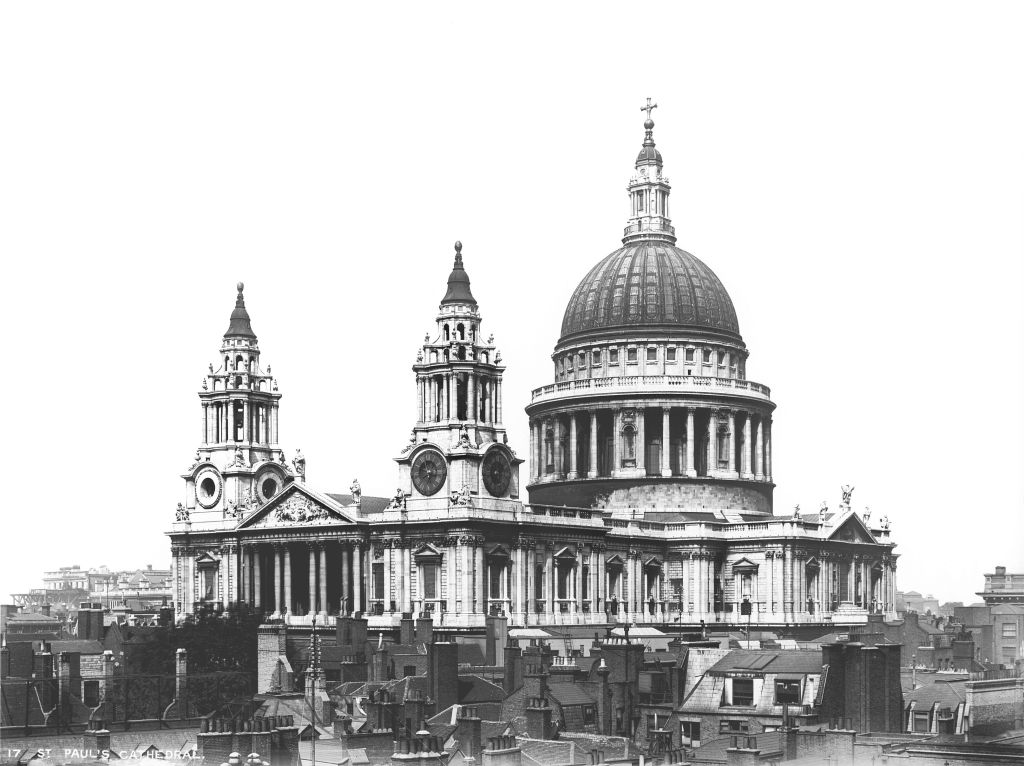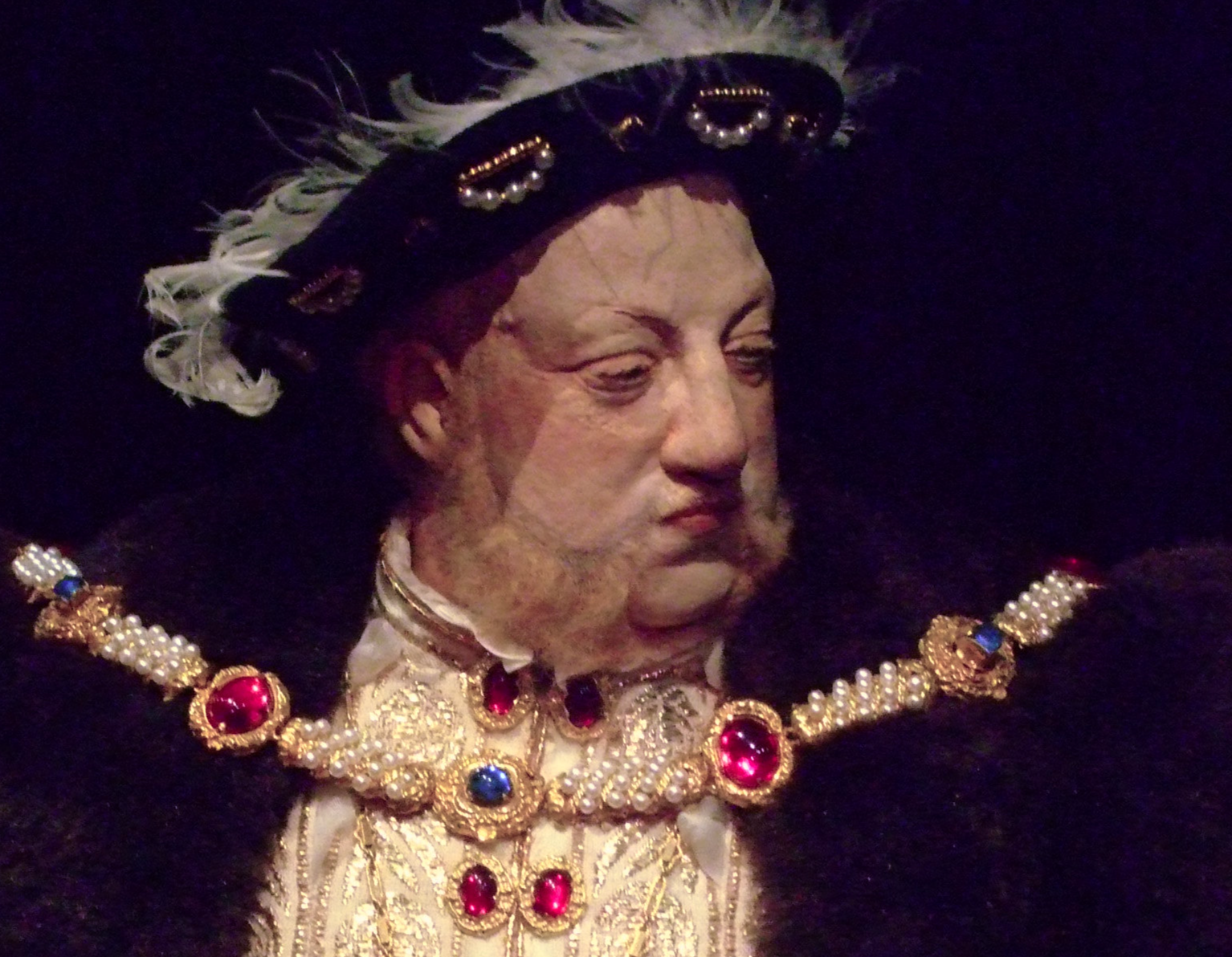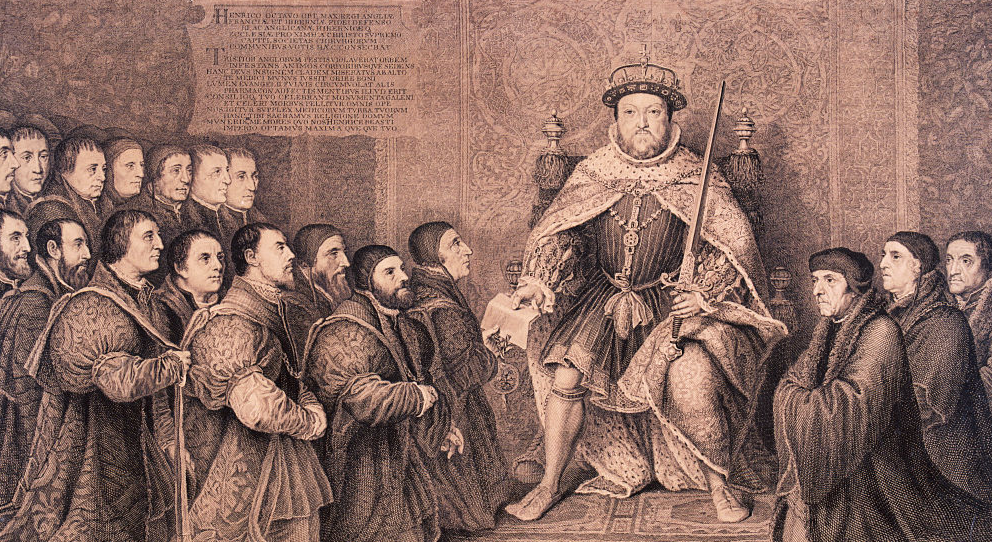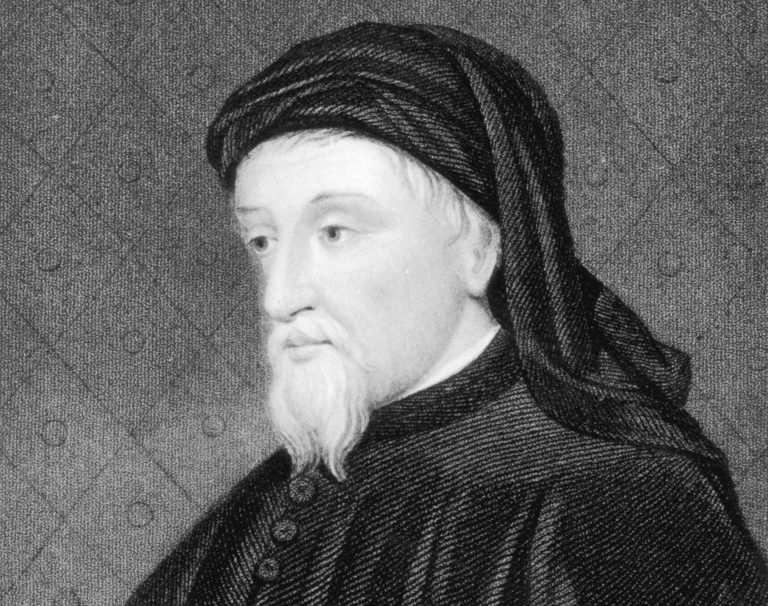He Wasn’t All Bad
We all know King Henry VIII as a ruthless tyrant who didn’t hesitate to execute those who displeased him—including two of his six wives. But when it comes to how he ruled as King, Henry was a more capable statesman than we give him credit for. Turns out Henry did do some good for his country—here are 12 ways he changed England for the better.
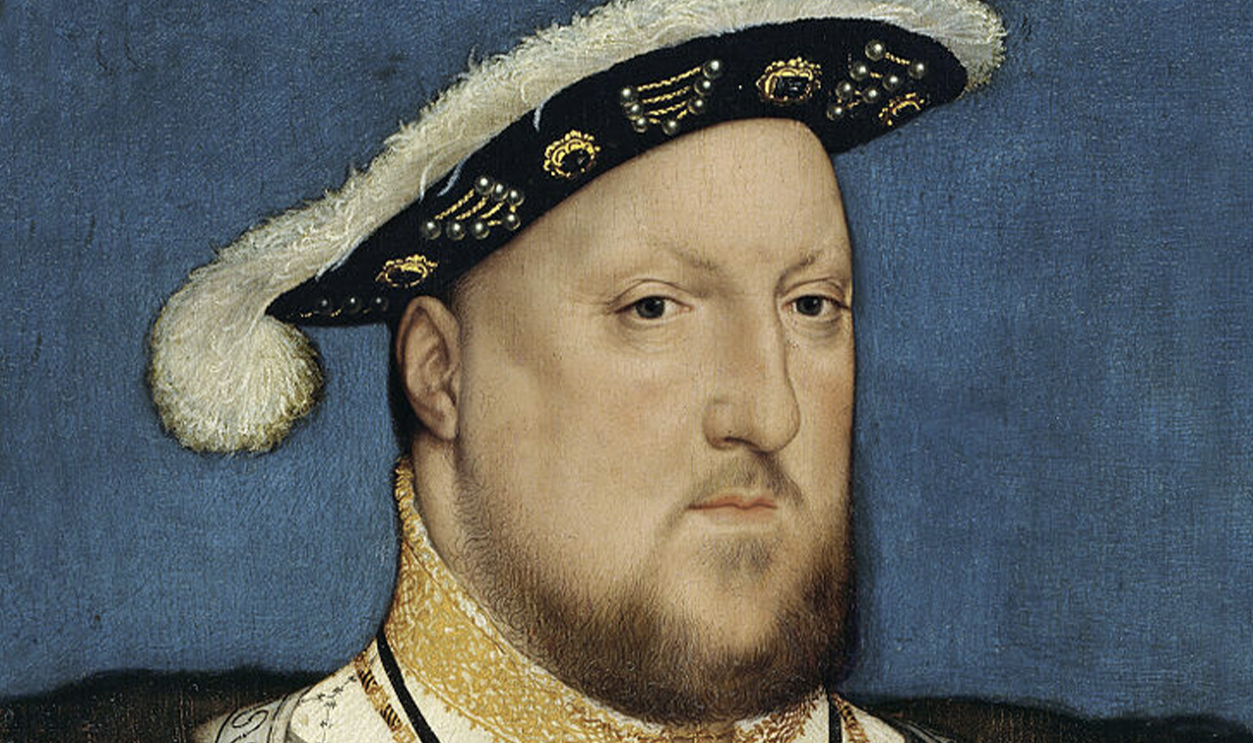
1. He Created the Royal College of Physicians
In medieval times, there was little regulation of doctors, meaning there was no shortage of scammers or quack doctors looking to take advantage of the sick. In 1518, Henry VIII signed a Royal Charter that allowed six of the King’s most trusted physicians and scholars to oversee the process of giving licenses to qualified doctors and punishment for those engaged in malpractice. Henry affirmed this with a 1523 Act of Parliament, that gave the College of Physicians power over all of England.
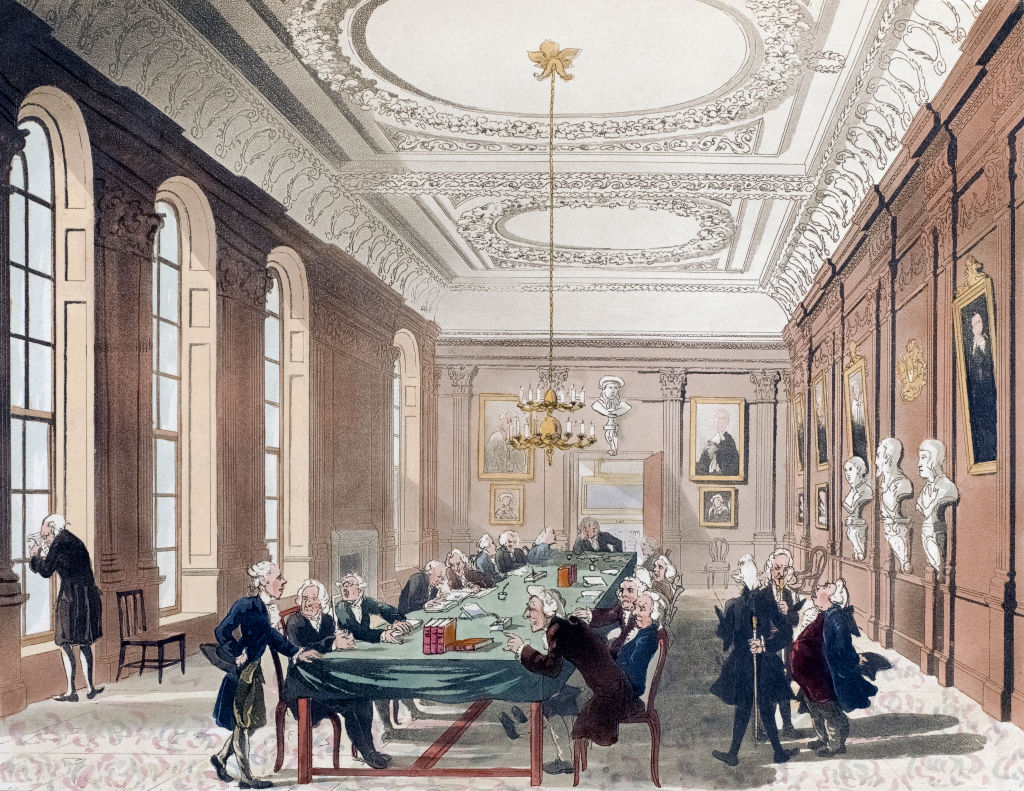 Universal History Archive, Getty Images
Universal History Archive, Getty Images
2. He Strengthened The Royal Navy
Before England had a standing Navy, they used to requisition merchant ships for battles. Henry VIII changed all that. Seeing Scotland and France as viable threats, Henry created the Royal Navy. By the time of his death in 1547, he grew the fleet from five to 53 warships.
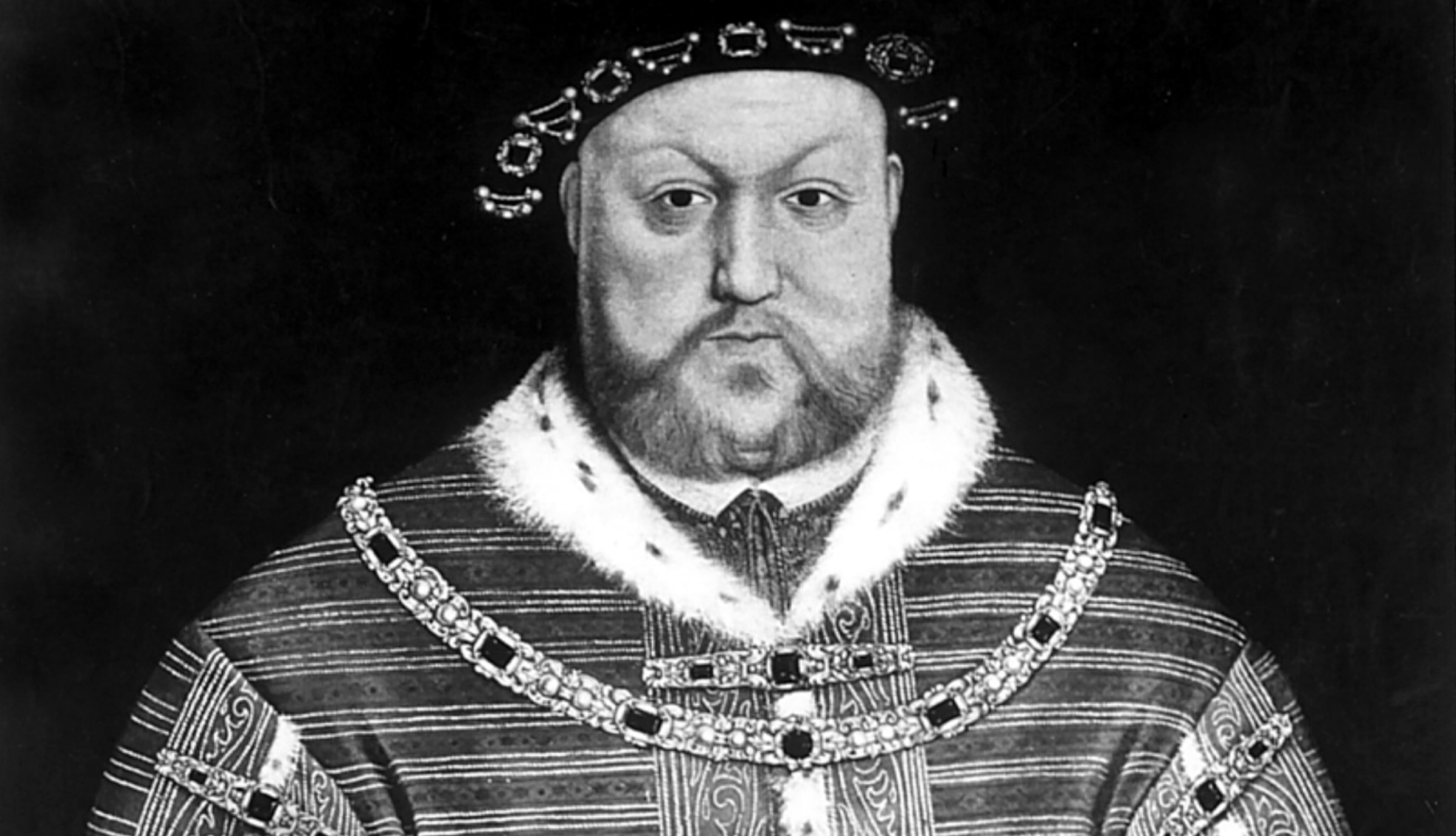 ullstein bild Dtl., Getty Images
ullstein bild Dtl., Getty Images
3. He Commissioned The First English Gunship
From 1509 to 1511, Henry’s builders worked on an innovative design: The Mary Rose. The Mary Rose was one of the first intentionally built men-of-war in the English Navy. This great ship was equipped with 78 guns and supported a crew of over 200 sailors. The Mary Rose was the pride of the English Navy until she was sunk during Battle of the Solent, in July 1545.
4. He Improved the Design of Warships
More than just the number of ships in the fleet, Henry strengthened England’s naval power by upgrading her warships. He added gunports to the ships and mounted them along the waist of the ship, which lowered the ship’s center of gravity and made for better broadside attacks. His flagship Henry Grace à Dieu, was one of the first ships to feature heavy bronze cannons.
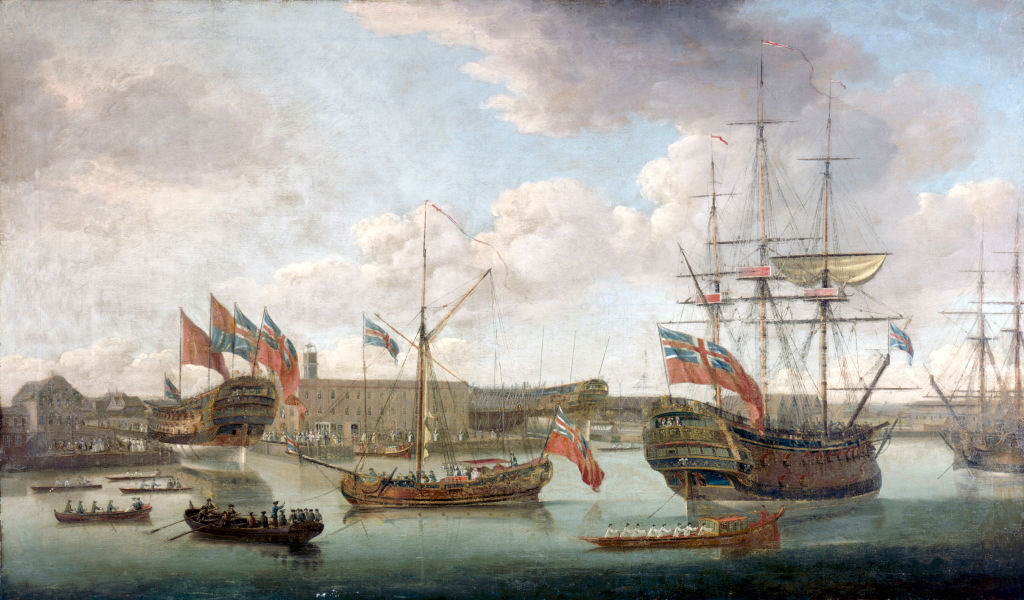 Science & Society Picture Library, Getty Images
Science & Society Picture Library, Getty Images
5. He Increased The Power Of Parliament
Without Henry VIII, there would probably be now English Parliament as we know it. With his divorce from his first wife Catherine of Aragon, being blocked by the Pope in Rome, Henry called on Parliament for help. In 1533, parliament passed the Act in Restraint of Appeals, which removed the Pope’s jurisdiction over the affairs and lands of the English crown. With the English monarch being the ultimate legal authority, Henry was able to divorce Catherine. Henry would use Parliament several more times, mostly to make laws about taxes. But that gave Parliament the power to make laws about all aspects of life in England, no matter if they were religious or secular.
6. He Made England The Center Of Politics
In 1513, Henry launched his military campaign against France. It was the largest invasion of the country since Henry V’s campaign in 1417. While Henry was victorious in France, he couldn’t advance past Calais, and eventually sued for peace. In September 1518, Henry signed the Universal and Perpetual Peace agreement with France. Too celebrate the newfound peace, Henry held the Field of Cloth of Gold festival, elevating England’s position above all other counties on the stage of European politics.
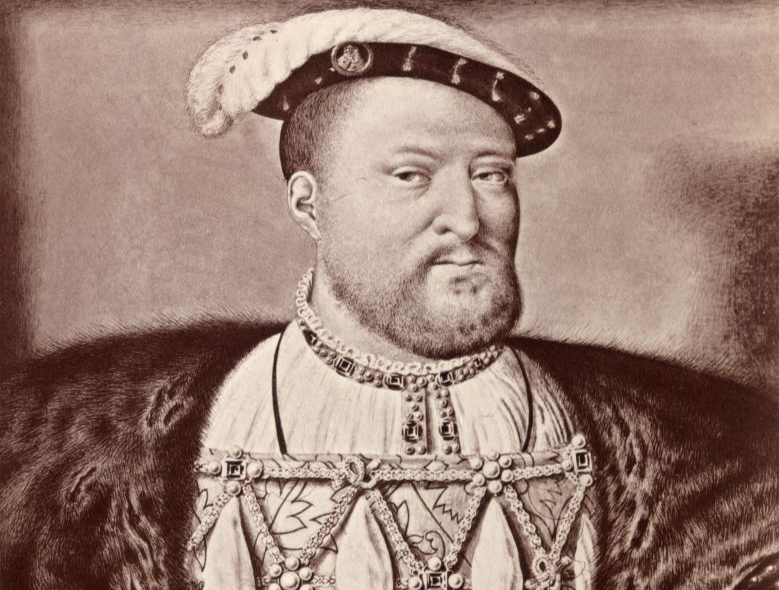 Universal History Archive, Getty Images
Universal History Archive, Getty Images
7. He Established The Church Of England
As part of his new powers granted by Parliament, Henry made himself the Supreme Head of the Church of England. In doing so, he broke away from the Catholic Church, and lead to the formation of what we now call the Anglican Church.
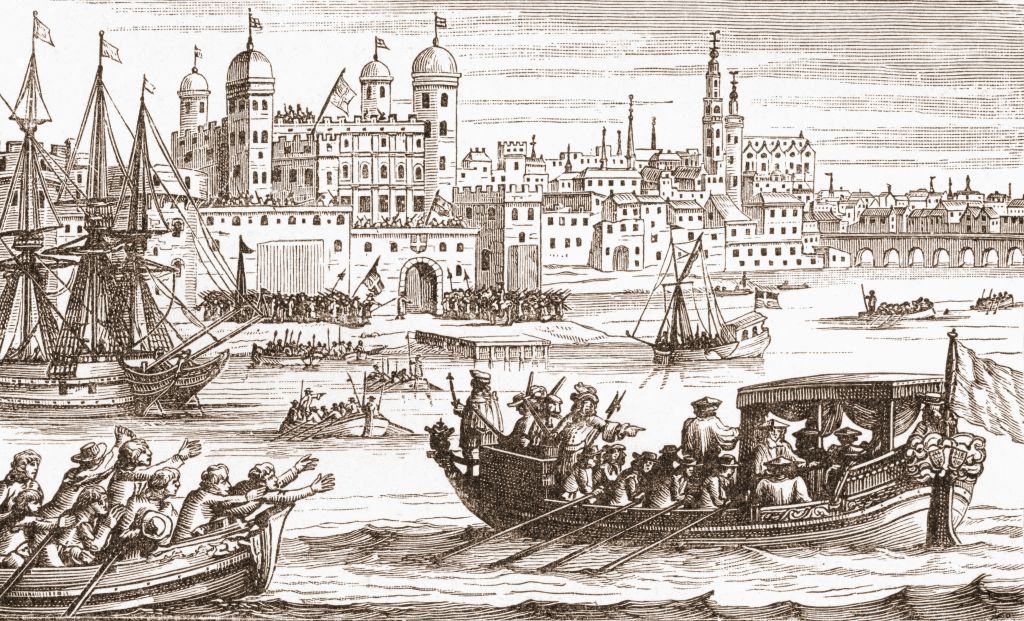 Universal History Archive, Getty Images
Universal History Archive, Getty Images
8. He Instigated Religious Reformation
While Henry himself held true to Roman Catholic traditions (even after being excommunicated by the Pope), Henry’s success in Parliament had relied on support from Protestants. Once he was declared head of the Church of England, the church began to take on more Protestant traditions. In turn, this marked a shift from Roman Catholicism to Protestantism as the dominant religion in England
9. He Mapped All Of Britain
Henry VIII saw England as one land mass that he needed to control. To that end, he desired a map of the entire English coastline—and saw that desire sated when the Archdeacon of Rochester gifted him the Angliae Figura in 1537. The Angliae Figura was the most realistic rendition of Britain at the time, with the correct positioning of towns along England’s east coast and 633 place names.
10. He Strengthened Defense Of The English Coast
Through Parliament, Henry was able to get approval for new defenses along England’s coasts. In 1539, he started building device forts on the coasts. By that time, the Pope had declared Henry and enemy of the Church and urged Spain and France to attack England, so the forts were a strong defensive measure.
11. He Legally Unified England, Wales, And Ireland
Henry had previously been granted lordship over Ireland by the papacy. After breaking from the Catholic church, Henry didn’t resort to violence to be confirmed as the King of Ireland—instead, he used an Act of Parliament to solidify his sovereignty. He also used Acts of Parliament to incorporate Wales into the Kingdom of England.
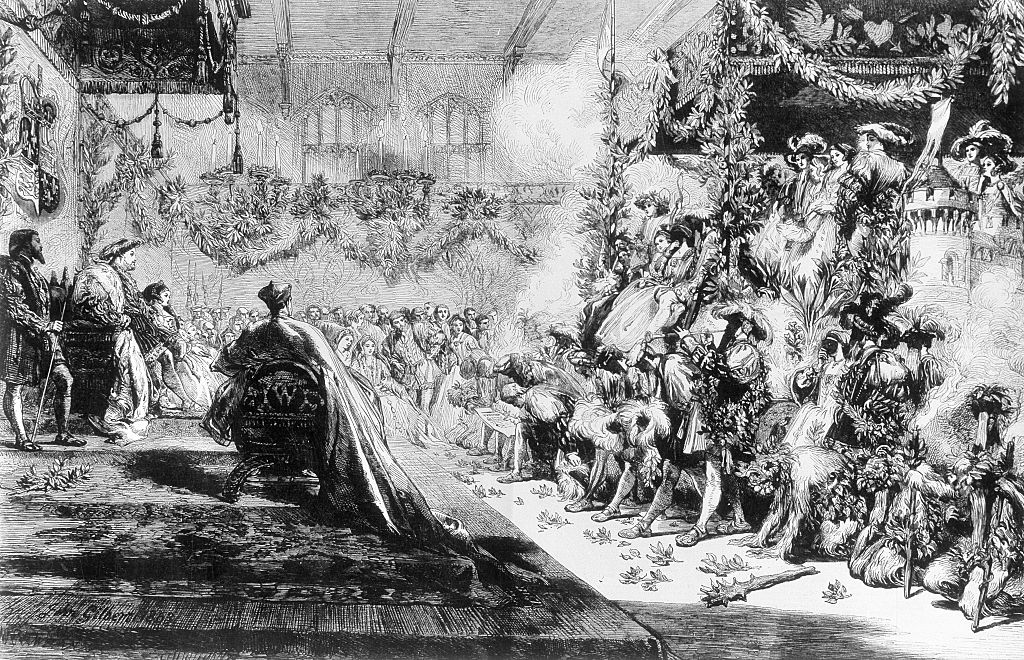 ullstein bild Dtl., Getty Images
ullstein bild Dtl., Getty Images
12. He Influenced The Arts
Henry VIII was a patron of the arts and it’s under his rules that we see sonnets and blanks verse rise in popularity. And with his royal printer, Richard Pynson, Henry compiled the first official edition of the complete works of Geoffrey Chaucer, who is often considered to the be the father of English literature.


